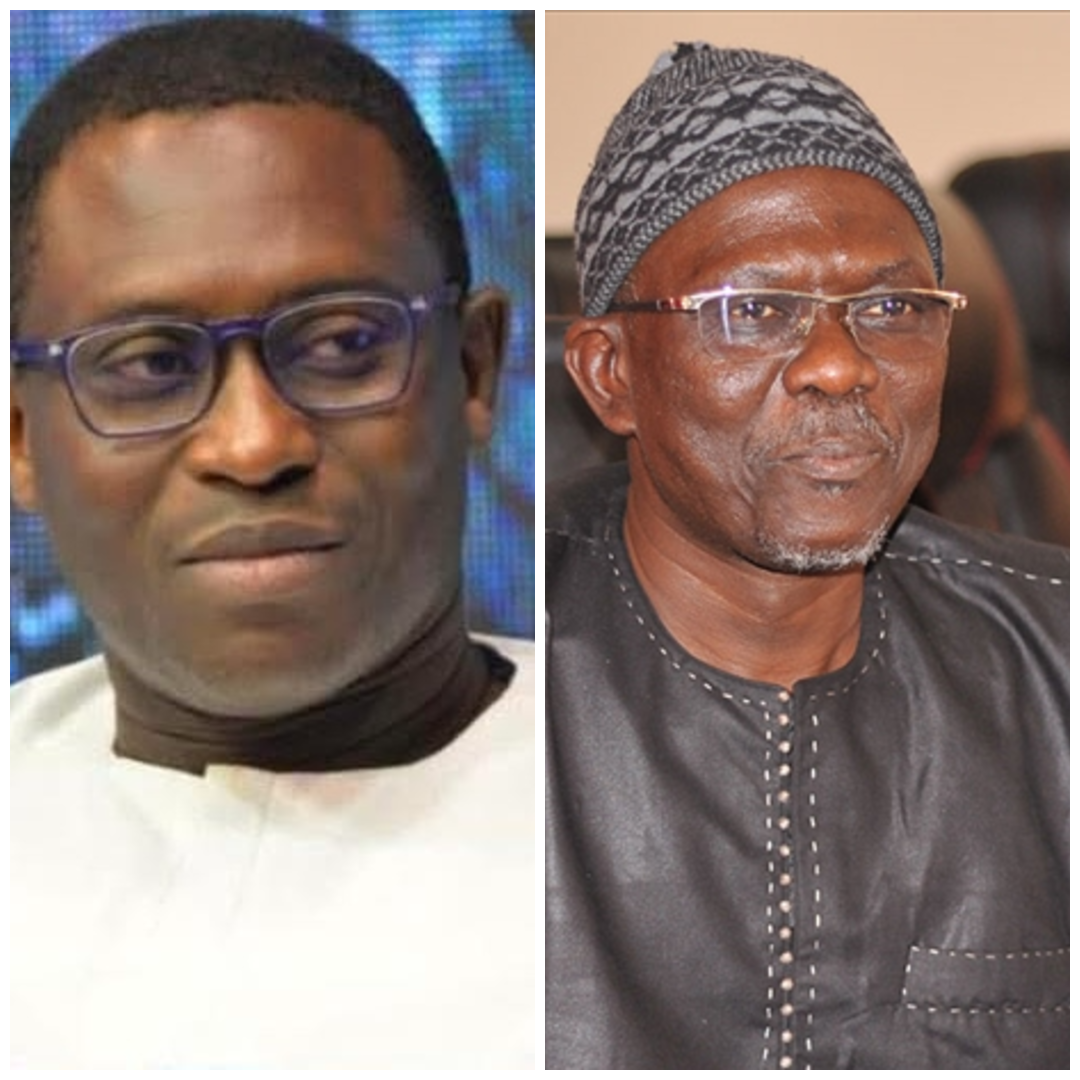On July 30, 2025, journalist Bachir Fofana and former Member of Parliament Moustapha Diakhate were sentenced to two months in prison. However, the court ruled that only fifteen days of the sentence would be enforced, a term already exceeded by their pre-trial detention.
Bachir Fofana, a journalist with the daily newspaper Le Quotidien, was arrested on June 25, 2025, by the Special Cybercrime Unit following a complaint by the President of the National Assembly, El Malick Ndiaye. He was accused of spreading false information about a public procurement process for official vehicles for parliamentarians. In his report, Bachir Fofana mistakenly named Cheikh Guèye, who has a history of alleged embezzlement, as the contractor, instead of Cheikh Dieng, the actual awardee.
In a separate incident, Moustapha Diakhate, a former MP, was taken into custody on June 10 after being summoned by the Criminal Investigations Division (DIC). On June 18, the Dakar Court for Immediate Offenses charged him with “offending the Head of State and a person exercising all or part of the powers of the Head of State.” The charge stemmed from his comments about perceived informal conduct of President Bassirou Diomaye Faye, Prime Minister Ousmane Sonko, and the President of the National Assembly at a state function.
Both men spent more than a month in detention, largely because a clerks’ strike repeatedly delayed the court’s verdict. On July 30, the court sentenced them to two months in prison, but with most of the time suspended, leaving fifteen days to be served. Having already spent more than a month behind bars, both men were released.
While the Media Foundation for West Africa welcomes their release, we strongly condemn their conviction, which resulted in over a month of detention; one for a reporting error, the other for criticising government leaders. The increasing ease with which journalists and critical voices are arrested in Senegal is alarming and undermines freedom of expression.
We urge the Senegalese authorities to uphold press freedom and allow the country’s media regulator to address press-related offences.





